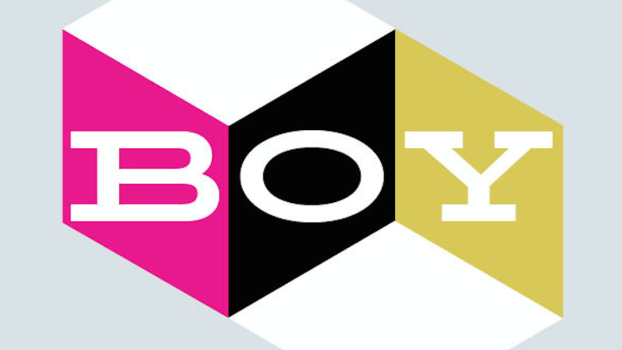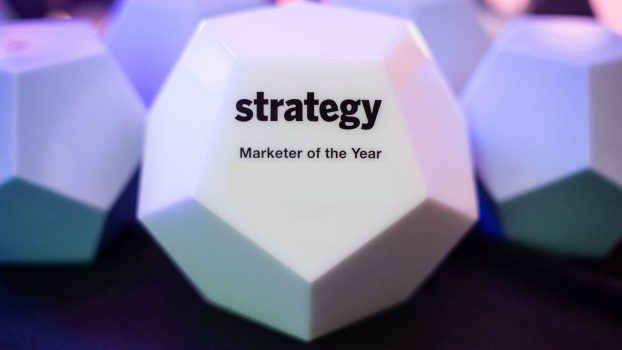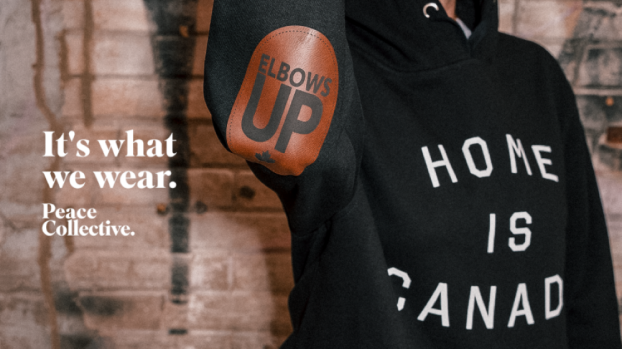A few years ago, Birks’ flagship locations were in need of a little love.
So the Montreal-based jewellery retailer set out to transform its stores, spending close to $31 million over three years to update its store network, including major renovations at its flagship locations in Montreal, Toronto and Vancouver.
The revitalized flaships feature “The Labo,” a section near the front of the store that enables passersby to easily view its collections, a bridal bar inviting family and friends to participate in the discovery process, and a lounge with a sofa and bookcases where customers can sip on a latté while reading up on the company’s history and the brands found in its stores.
“We find that couples, especially young couples, enjoy sitting not far from another couple,” says CEO Jean-Christophe Bédos of the bridal bar setup. “The informal format of the bridal bars is quite successful from an experiential standpoint.”
And inspired by Apple’s less-is-more retail approach, Birks did away with the lengthy counters found in many jewellery stores and advised sales reps to stand next to – rather than across from – the customers they serve.
“The flagships were developed with this idea in mind that we had to provide more content, more experience, more learning and more human touch than [in] ecommerce and on the website or any other touchpoint with the customer.”
Mejuri shares a similar reliance on retail to help build its brand.
Launched as a DTC startup in 2015, the Toronto-based jewellery company expanded into physical showrooms over the last few years, with co-founder and COO Majed Masad pointing to bricks-and-mortar as a way to “build a community, build brand credibility and acquire customers.”
In a previous interview with strategy, Masad said that customers enjoy having the chance to feel the products, try them on, and “hang out with a stylist and learn more about how to wear jewellery” – an insight that now seems at odds with today’s COVID-19 consumer reality.
Having followed directives from public health authorities to close up shop back in March, both Birks and Mejuri now face the challenging task of reopening stores that were designed to deliver more intimate personal service. The companies have implemented health and safety measures, such as timed appointments and curb-side pickup, mandatory face masks, physical distancing and regular sanitation.
On its site, Mejuri says customers can still touch and try on jewellery in stores, as long as they sanitize their hands before and after, and items are disinfected between each client.
Birks began reopening in May, but the company has already warned that the temporary closures have “adversely impacted” the first months of fiscal 2021, as sales moved entirely online. And Nicole Tapscott, who became Mejuri’s first CMO earlier this year, says the company has paused retail expansion plans to focus on reopening its existing stores in Toronto, New York, San Francisco, Los Angeles, Austin and Boston.
Translating the physical experience online
While the pandemic resulted in ecommerce growth for Birks, Bédos says the company remains focused on its original plan to become a more omnichannel retailer, in part by maintaining a “human touch” across all its interactions with customers, including bricks-and-mortar.
Tapscott echoes Masad in saying that Mejuri doesn’t need to fundamentally rethink the retail experience in order to continue serving customers in-store. “Our physical stores are designed to be an interactive experience for our community,” she says. “While we have implemented restrictions and safety precautions, we are still able to offer customers a wonderful in-store experience in a more intimate capacity.”
However, during the lockdowns, both brands had to find virtual solutions to continue engaging with customers on an intimate level.
Mejuri, for example, launched a “Style Edit” editorial platform – “a place for people to see that key Mejuri POV on how to wear the pieces and feature wonderful women in our community” – and invested in building out its digital styling appointment system, according to Tapscott. During the pandemic, it saw appointments double.
Similarly, Bédos says Birks found a way to maintain human contact with customers at a time when “human contact was very scarce.”
It launched a concierge service and even staffed a few employees (behind locked doors) in its five biggest stores to answer the phones and provide personalized service to inquiring customers. Requests for appointments have “skyrocketed” in recent months and continues to account for the “vast majority of our business,” says Bédos.
“One thing we learned – and I think every retailer who is doing both bricks-and-mortar and ecommerce has learned – is that ecommerce did not replace bricks-and-mortar sales,” Bédos says. “The perfect-case scenario that we had here shows that there is a clear place for stores.”
Still, he believes there’s no going back on the increases in ecommerce sales, because “what happened is the penetration of ecommerce can now be seen across all generations.”
A boost to jewellery spending?
There are two trends that may have spared the jewellery category from sharp declines in consumer spending during the pandemic – one of which Bédos previously observed.
During times of economic uncertainty, like the 2008 financial crisis, he says gold and diamonds become financial safe bets for consumers. He notes the price of gold recently hit record highs. “It has an impact on gold jewellery and gold watches,” he says. “People who do not feel confident investing in the stock market or financial market tend to buy gold.”
Since March, Mejuri has also seen a shift, with consumers leaning more toward “high quality pieces that they can invest in and own forever,” Tapscott says. “We have always had a vast offering of ‘heirloom’ pieces and we are seeing now more than ever customers leaning towards products that offer incredible craftsmanship and quality behind each piece.”
Secondly, Bédos says the pandemic has resulted in a shift away from “experiential luxury,” such as travel, hotels, high-end restaurants and other experience-driven luxuries, to “hard luxury,” such as jewellery and watches, as the former became inaccessible to many consumers. This is especially true among younger generations, who tend to be strong consumers of experience. “That’s new and something I never observed before.”
While Mejuri positions its products as made for the everyday – no occasion necessary – Tapscott says consumers still want to “complete their looks” with earrings and necklaces for their digital meetings. The company has also seen an uptick in gifting.
That may speak to consumers’ desire to connect with others and show affection during the lockdown, says Bédos. The CEO notes that even though many weddings have been postponed, there hasn’t been a noticeable drop in engagements this year.
During the first four-to-eight weeks of the lockdown, especially, he says “we saw a lot of messages, a lot of posts on social media, a lot of sharing on media platforms about how much it is important to love each other, to share, to care and that has been translated into a significant number of engagements.”
Still, with the potential for a dreaded second wave of COVID, Bédos remains uncertain what the affection-filled holiday season will hold for Birks and other retailers.


























